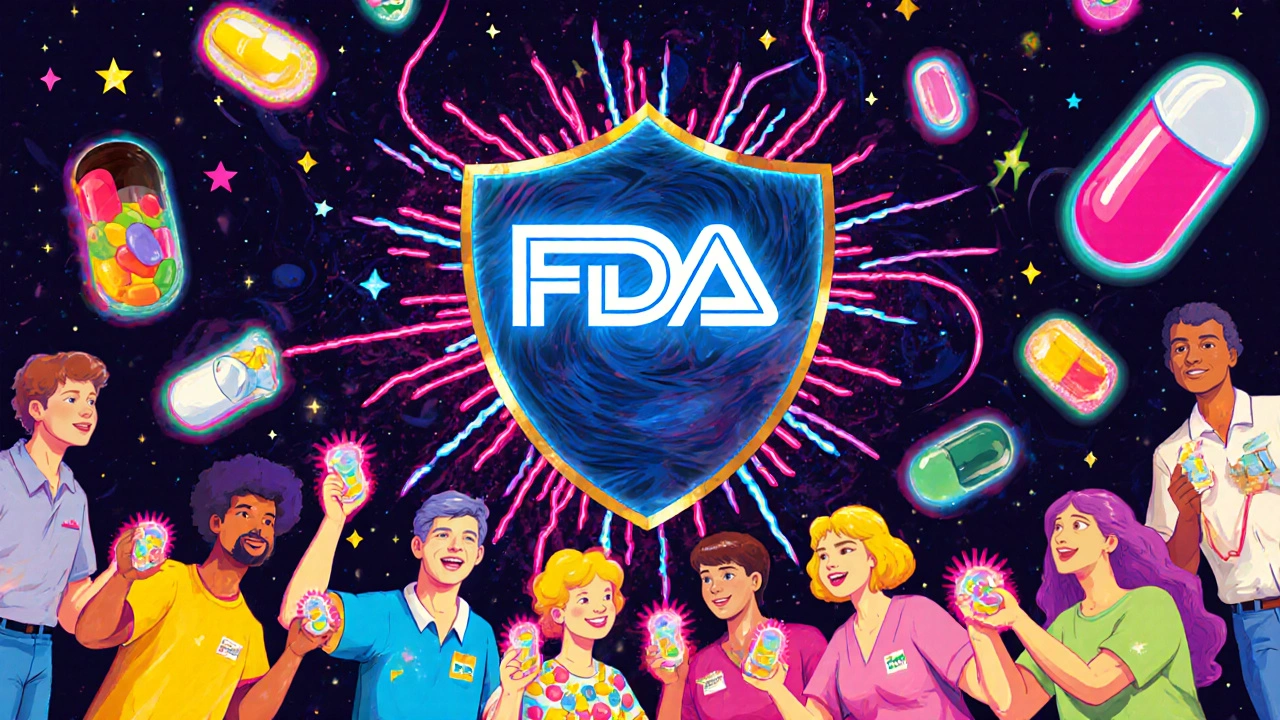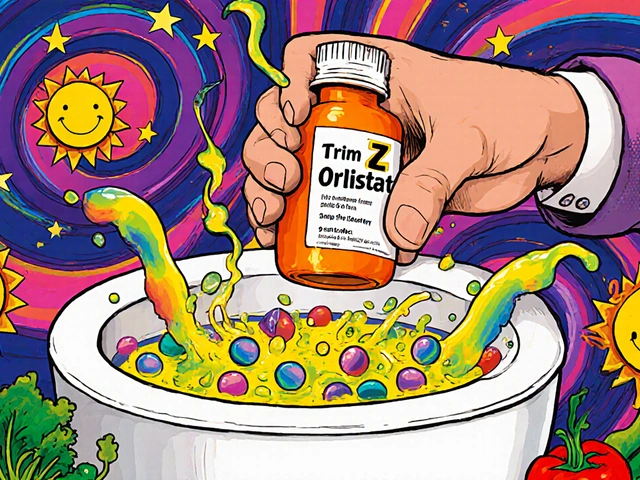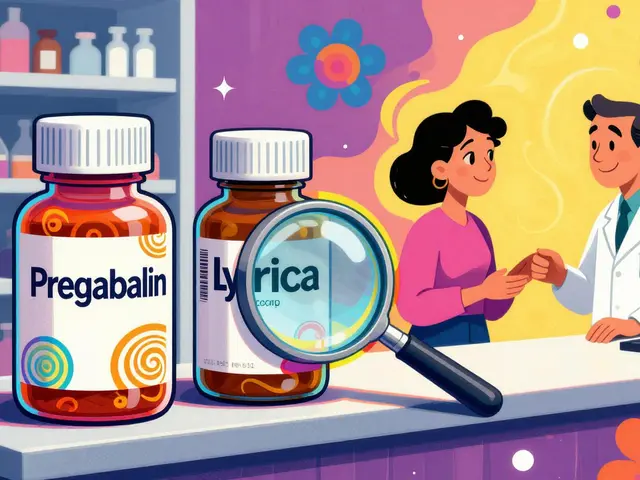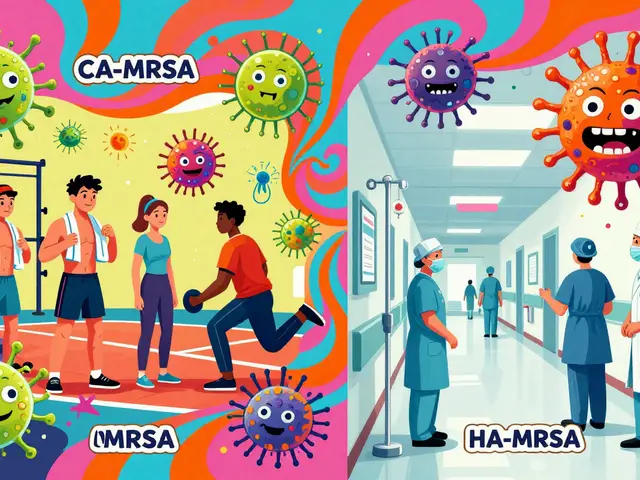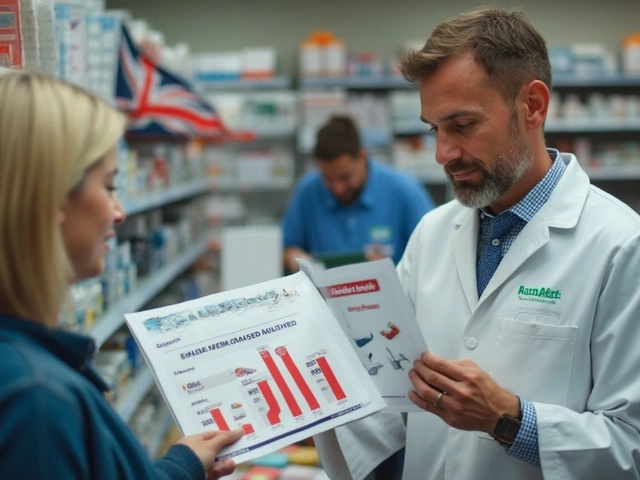FDA Adverse Events: What You Need to Know About Drug Risks and Reporting
When you take a prescription drug, over-the-counter medicine, or even a herbal supplement, you’re trusting it to help—not hurt. But sometimes, it does. That’s where FDA adverse events, reports of harmful side effects linked to medications and submitted to the U.S. Food and Drug Administration. Also known as adverse drug reactions, these reports help regulators spot dangers before they become widespread. Every year, hundreds of thousands of these reports come in—from doctors, pharmacists, and regular people like you. They’re not just paperwork. They’re early warnings.
These reports don’t prove a drug caused the problem, but they flag patterns. If ten people report severe muscle pain after starting a new statin, the FDA takes notice. If dozens report skin infections after using acitretin, they update the warning label. That’s how pharmacovigilance, the science of monitoring drug safety after approval keeps millions safe. It’s how we learned that some statins cause more muscle damage in people with certain genes, or why St. John’s Wort can wreck the effect of birth control or antidepressants. These aren’t rare guesses—they’re real data from real people.
You might wonder, "Why should I care if someone else had a bad reaction?" Because you could be next. And if you report it, you might stop someone else from getting hurt. The drug safety, the ongoing process of identifying, evaluating, and preventing harmful effects of medicines system only works if people speak up. That’s why the posts below cover everything from statin muscle pain and herbal interactions to how to spot early signs of dangerous side effects. You’ll find guides on what to do if your medication makes you sick, how to report it yourself, and which drugs have hidden risks most people never hear about.
These aren’t theoretical discussions. They’re practical, real-world stories—like how one person’s unexplained fatigue led to a diagnosis of otosclerosis, or how someone avoided a deadly interaction by asking their pharmacist about ginkgo biloba. The collection here gives you the tools to ask better questions, recognize red flags, and protect yourself before a minor side effect becomes a hospital visit. You don’t need to be a doctor to understand this stuff. You just need to know what to look for—and what to do next.
MedWatch: How to Report Medication Side Effects and Safety Issues
Learn how to report medication side effects and safety issues through MedWatch, the FDA’s official system for tracking adverse events. Find out who can report, what to include, and why your report matters.

